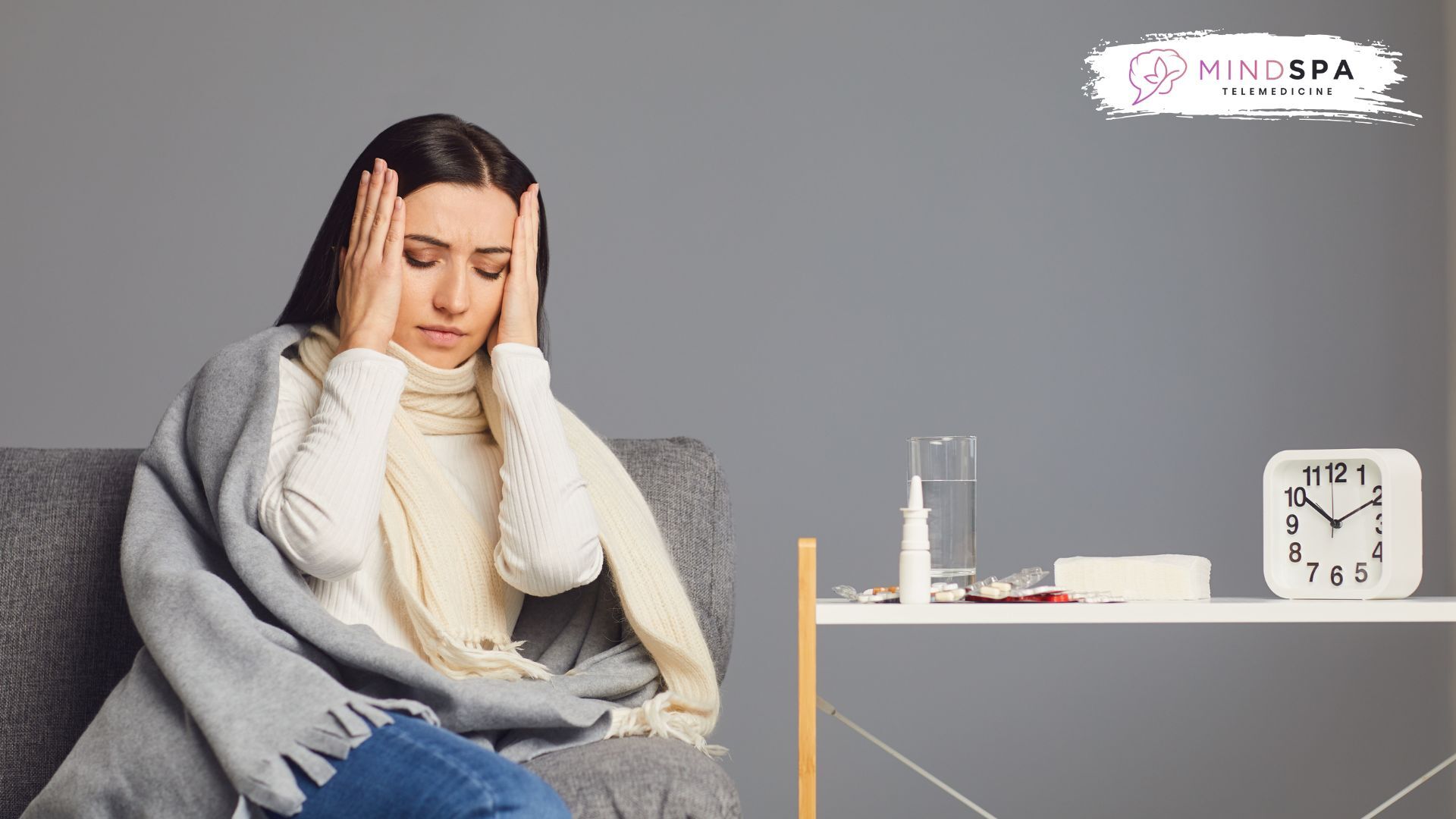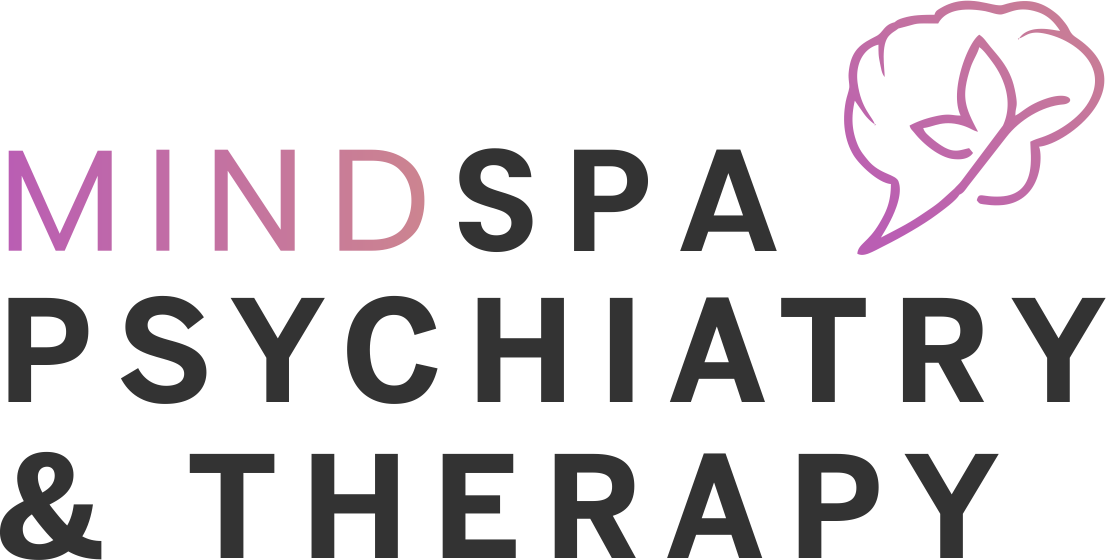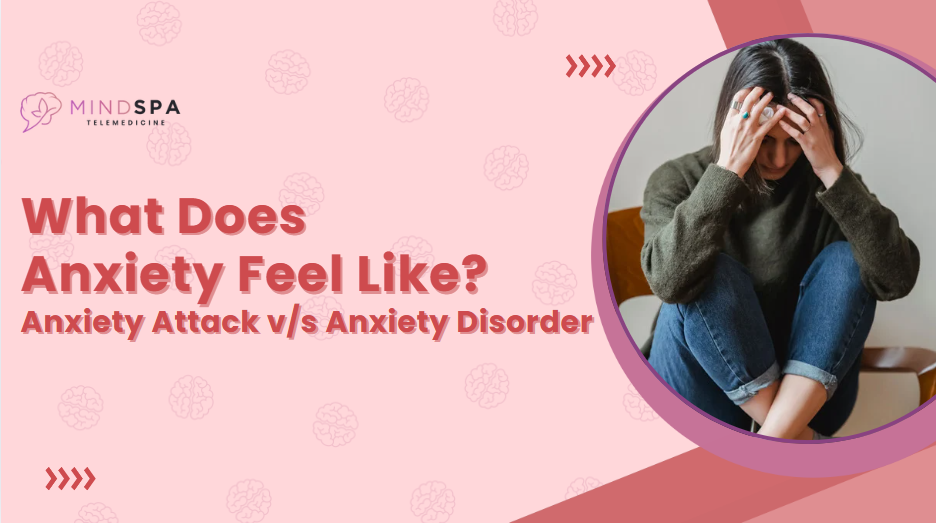Regardless of how mentally healthy you are or what struggles you have had, you have felt anxious at one point in time. It could have been a job interview, a first date, or public speaking. In any of these situations, you can feel anxious or nervous. Sometimes, certain physical surroundings can cause a natural anxious response, such as watching a horror movie or being in an escape room.
Nervousness causes the body to be on alert. The amygdala sends a signal of a potential danger to the nervous system and then to vital organs such as the lungs, heart, digestive systems, and others. The potential danger can be present, past, physical, and emotional. It is a natural response. This is what it means to feel anxious.
In this blog, we will explore the question, what does anxiety feel like? The difference between anxiety attacks and anxiety disorders allows individuals to understand the feeling of anxiety and properly differentiate between anxiety attacks and anxiety disorders.
What is Anxiety?
Anxiety often occurs as a reaction to perceived danger. It is a flight-or-fight response that occurs when you are facing a challenge, under pressure, or feel threatened, such as when you are writing an exam, on a first date, or attending a job interview. When anxiety is moderate, it isn’t a bad thing because it helps you stay focused and alert, provides motivation to solve issues, and spurs you to take action. However, anxiety becomes overwhelming and constant. It is a problem.
What does anxiety feel like?
Anxiety usually causes several different symptoms and affects how you feel mentally, physically, and your behavior. It isn’t so easy to know if anxiety is the cause for acting or feeling differently since it affects people differently. Some examples include physical symptoms such as increased heartbeat, dizziness, headaches, psychological symptoms such as inability to relax, feeling nervous or tense, worry, and behavior change such as compulsive behavior, inability to enjoy free time, and difficulty looking after yourself.
What is an Anxiety Attack?
An anxiety attack happens when fear or stressors build up with time. For example, if you have an overloaded work schedule, it can gradually increase your anxiousness until you feel overwhelmed. During an anxiety attack, you may experience symptoms like irritability, tension, lack of focus, quick fatigue, and restlessness. When many people talk about anxiety attacks, they often refer to panic attacks, which are feelings of intense fear or panic. They occur suddenly and without warning. At times, there are triggers, such as being stuck in an elevator, but in some cases, there isn’t any warning.

Causes
Various factors can cause anxiety attacks. This usually depends on what kind of anxiety you are dealing with. Some of the factors include:
Physical conditions
Certain conditions that result in chronic pain can enhance the risk of high anxiety.
Learned behavior
Growing up with people or parents who focused on worst-case scenarios or were fearful can make you adopt their nervous tendencies.
Stressful life
Living a stressful life can result in long or short-term increases in anxiety levels. Examples include bereavement, divorce, and sleep deprivation.
Genetics
Twin analysis studies show that anxiety, to some degree, might be hereditary. This means that some individuals are more genetically inclined to be anxious.
What is an Anxiety Disorder?
This is a kind of mental health condition. Individuals with anxiety disorder respond to some situations and things with dread and fear. Such people also experience physical signs of anxiety such as sweating and pounding heart. Anxiety is a normal feeling since you might feel it in some situations, such as making important decisions, tackling issues at work, or taking tests. Sometimes, it is even beneficial, such as allowing you to notice a dangerous situation and focus your attention so you can stay safe. However, when it goes above the regular slight fear or regular nervousness, then it is an anxiety disorder. Anxiety disorder occurs when:
- You are unable to control how you respond to situations.
- You overreact to situations.
- Anxiety affects your functional ability.
Individuals of all ages can experience anxiety disorder. Though anxiety can make it hard to perform daily activities, there are various treatments for it. You can conquer anxiety with treatment from the team at MindSpa Psychiatry & Therapy.
What are the symptoms of Anxiety Disorder?
Anxiety disorder symptoms usually vary based on the type. Example Of psychological symptoms include feeling uneasy, dread, fear, and panic, difficulty concentrating, obsessive thoughts etc. for physical symptoms, the examples might include breath shortness, heart palpitations, muscle tension, restlessness, dry mouth, sweaty or cold hands, or tingling or numbness in your feet or hands. It is essential that you consult with a professional like Mindpsa if you experience these symptoms.

What Causes Anxiety Disorder?
Researchers are not sure of the exact cause of anxiety disorders. However, they are of the opinion that various factors play a role. Let’s find out some of them.
Environmental factors
Long-lasting or severe stress can affect neurotransmitter balance, which controls your mood. Therefore, when you experience stress over a long time, it can add to anxiety disorder. Additionally, experiencing traumatic events can cause anxiety disorders.
Brain changes
The amygdala, a part of the brain, helps manage anxiety and fear. According to studies, individuals with anxiety disorders have an enhanced amygdala activity due to anxiety cues.
Genetics
In some families, anxiety disorder tends to run in their biology, suggesting the role of genetics. If you have a sibling or parent with anxiety disorder, you might be at risk of developing one.
Chemical imbalances
There are various hormones and neurotransmitters that play a role in anxiety, such as gamma-aminobutyric acid (GABA), dopamine, serotonin, and norepinephrine. An imbalance in any of these chemicals can cause anxiety disorder.
Conclusion
The feeling of anxiety is a normal reaction to various situations and events. It is one of the body’s warning systems that alerts you of danger and other threats while preparing your body to get out of the danger. When anxiety becomes unmanageable, overwhelming, and more constant, then it can become a problem.
In such cases, it is best to seek consultation with an expert such as Mindspa, who can help you conquer the situation with the right treatment. If you are looking to learn more about the question, what does anxiety feel like? This website has answers to your questions.
Related Questions
How do I know if I have anxiety or anxiety disorder?
When you worry uncontrollably, and it causes distress while also affecting your daily life, such as your social life, job, and school, then you have an anxiety disorder.
What can make my anxiety worse?
There are many factors that can cause your anxiety to increase. The triggers vary and can include financial issues, bereavement, ongoing stress, and events like job interviews. Anxiety also results in worry, apprehension, and nervousness.

